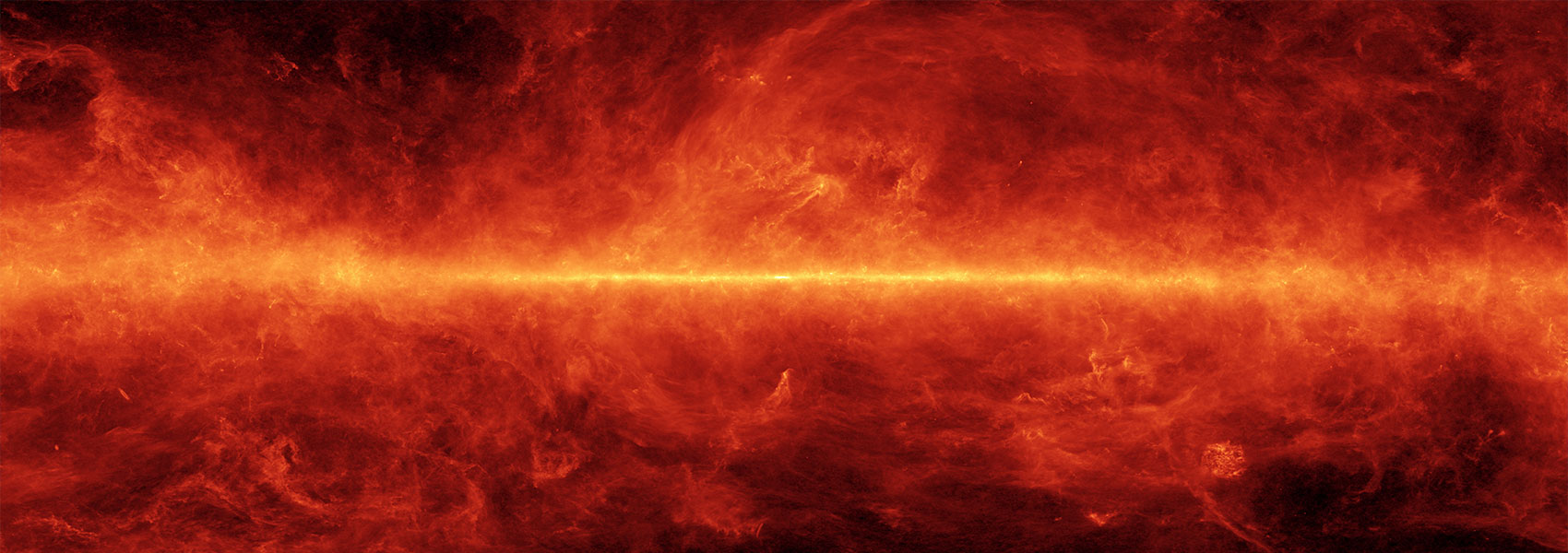The first of the next-generation dark energy space-based large-scale galaxy surveys, ESA’s Euclid space telescope, has reached L2 and is currently undergoing performance verification (PV), with survey operations expected to begin early 2024. NASA's Nancy Grace Roman Space Telescope is close behind, the Wide Field Instrument having completed final integration last month and now being tested in preparation for launch no later than May 2027. Each project will conduct a galaxy redshift survey and collect the light from tens of millions of galaxies to map out the matter distribution of the Universe, one of the main science goals being to produce percent-level constraints on the dark energy equation-of-state parameter, w. A solid understanding of galaxy clustering modeling and observational systematics are critical to mission success and much time is spent preparing data processing pipelines to take in the raw data from the telescope and account for any distortions of the cosmological signal that arise from the behavior of the instruments themselves or from astrophysical foregrounds and backgrounds. In my talk, I will discuss a simple phenomenological nonlinear power spectrum model that is useful in the construction of said pipelines to verify clustering and likelihood algorithms. Additionally, I will discuss my current effort to better understand the impact of zodiacal light, Milky Way extinction, straylight from stars, and galaxy density on redshift failures through the simulation of Euclid NISP wide survey operations at various locations in the extragalactic sky.



